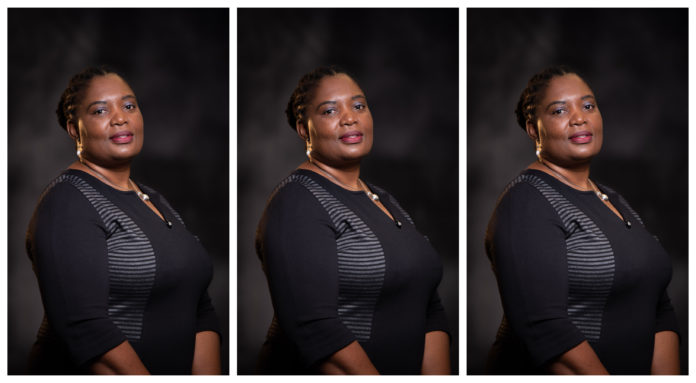The Kagiso Trust is a self-funded South African development agency. This year, the trust is celebrating the performance of grade 12s in schools that are part of its Beyers Naude Schools Development Programme (BNSDP). We spoke to Mankodi Moitse, CEO of Kagiso Trust about.
What effect did the pandemic have on the class of 2020?
The phrase unprecedented is almost over-used, but there has not been a school year like it in the history of the country. It was disrupted and had the potential to create a knock-on effect that would further disrupt education for some years had South Africans not adapted and managed to finish the year’s curriculum. Schools were closed before lockdown officially started, then reopened, then closed again in July. Grade 12s missed out on countless hours of study and teaching, particularly in the poorer areas. Learners were put under immense psycho-social strain. They had to deal with anxiety about the virus and their education and their future.
To what would you attribute the success of the matric results of 2020?
The success of so many South African learners in the 2020 matric results after a year of immense challenges and disruption brought about by the Covid-19 crisis is testament not only to their resilience and determination, but to the selfless dedication of all who supported them.
The closing of schools during the national lockdown to ensure health and safety saw learners lose countless hours of studying and teaching during the final and most important year of schooling. It took the collective effort of learners, educators, parents, families, communities and development organisations to overcome the many unprecedented hurdles the pandemic threw at education in 2020.
This year has taught us all so much about the incredible levels of care and dedication in the education community. We have heard so many stories of teachers and university students giving freely of their time to give extra lessons and even providing learners with meals. Schools were proactive in ensuring in keeping in touch with learners and identifying areas of concern, allowing development agencies such as ourselves to provide necessary assistance and guidance.
So how does the Trust overcome the lack of access to data and devices in rural areas?
We had to adapt to the times. In Limpopo, the Trust partnered with the Limpopo Education Department to provide grade 12 learners with lessons given over the radio. The lessons were hosted with Capricorn FM, Tubatse and Sekhukhune FM from Monday to Sunday for an hour a day. Capricorn FM did not broadcast to two of Sekhukhune East districts, Drakensberg and Bogaswa. Sekhukhune and Tubatse FM filled the gap.
Capricorn FM focused on MST subjects (Mathematics, Sciences and Technologies). These are the most enrolled subjects. Maths poses a serious challenge in Limpopo where performance is below the threshold. Sekhukhune FM and Tubatse FM covered the other seven non-MST subjects. The lessons were saved as podcasts so they could be accessed nationally. We also implemented camps for Grade 12s to assist with catch-up lessons.
Tell us about the Beyers Naude Schools Development Programm, why it works?
The Trust’s flagship Beyers Naude Schools Development Programme (BNSDP) has had extraordinary success since it was first introduced to the Vhembe district of Limpopo in 2004. It has expanded to other provinces and has seen the matric pass rate in the Free State become the best in the country.
The Trust brings funding to programmes, partnering with the government and the private sector. The Trust has invested more than R500M in education development over the past 15 years. The BNSDP takes psychological and social aspects into consideration. We seek to create an education system that thrives on accountable leadership. Instilling a culture of excellence and creating organisational capacity that empowers teachers, engages the community, and inspires learners to take the opportunities offered.
What have you learnt from the pandemic?
The pandemic has brought into stark relief how broken and unequal our education system is. With schools shut during lockdown, some matriculants could rely on technology to provide them with online classes. It was, as the country embraced the fourth industrial revolution (4IR), the most obvious solution.
Many more, perhaps the majority, could not go online. They do not have laptops or tablets. Overcoming the digital divide will be a game changer, creating a new South African educational ecosystem that is not vulnerable to crises.
In the same way they took decisive action during the pandemic, so should the government do the same for education. We noted with concern that the National Treasury diverted from education to bail out South African Airways and inflated tenders awarded to sanitise schools in Gauteng. These are fixes when education needs to accelerate its digital transformation for a sustainable future.
Featured image provided.









